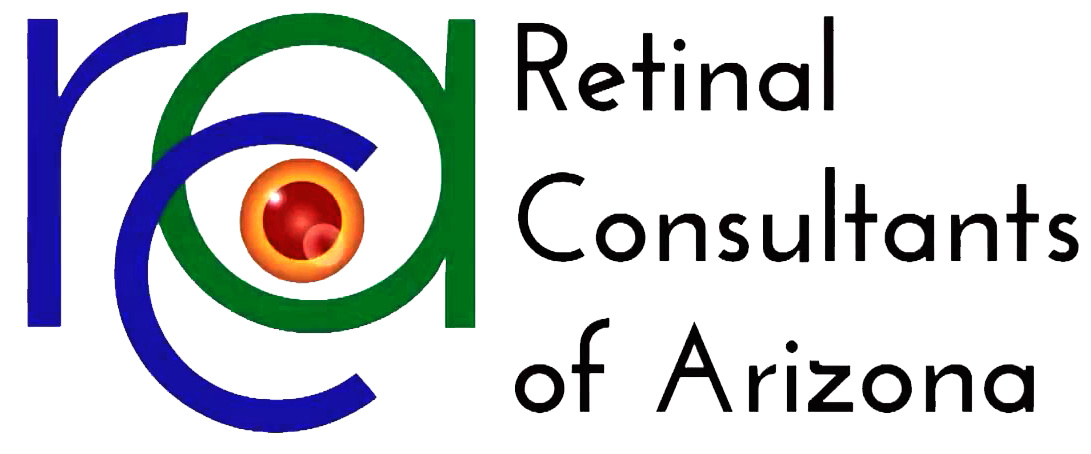Retinal Surgeon Expands Practice While Serving Native Americans and Third-World Countries

When Dr. Pravin Dugel joined a small eye clinic in Phoenix in 1994, he had bigger dreams for the practice.
“My inspiration was to see if I could build the best academic private practice center in the country,” said Dugel, who was 29 years old when he started his quest.
He joined Retinal Consultants of Arizona Ltd., which was founded in 1980 and had 12 employees at the time.
“I thought it would happen fairly quickly,” he said. “I was naive, young and mistaken.”
Dugel bought the practice from the previous owners, becoming managing partner in the process. It took at least 10 years to convert the retinal clinic into one of the largest practices in the country, complete with 160 employees, including 10 doctors at five main offices and 35 satellite offices.
“The biggest challenge I faced was changing the culture from being a practice that simply sees and treats patients — and there was nothing wrong with that — but taking it to the next level and saying that we were going to be the finest academic, private practice in the world,” he said.
When he first embarked on his endeavor, it was at a time when insurance reimbursements for eye doctors were going down, creating a need to set the practice apart from others when recruiting talent.
“We wanted to make sure we provided something the young people could have as a true business,” he said. “We became very entrepreneurial about 10 years ago.”
That’s when he started spinning off separate companies, including a research institute, as well as operations in real estate, finance, vitamins and an aviation business that covers the entire state with two airplanes and five pilots.
All of these separate entities offer something for the younger physicians to own and invest in. But it wasn’t easy. Entrepreneurial doctors aren’t always received well in the medical community. “A lot of people thought that being entrepreneurial was not only out of the norm but was unethical quite frankly and certainly not traditional,” he said. “A friend of mine told me a long time ago: ‘Always remember if you don’t do well, you
“A lot of people thought that being entrepreneurial was not only out of the norm but was unethical quite frankly and certainly not traditional,” he said. “A friend of mine told me a long time ago: ‘Always remember if you don’t do well, you can’t-do good.’’
Important in his expansion was reaching out to the Native American communities, treating diabetic eye disease and many other retinal conditions.
“It is more than just giving back,” he said. “It is an obligation. It is in my blood and is an extremely natural thing for me to do.”
He also serves the international community through his work with Orbis International and the Himalayan Cataract Project to help people in developing countries with treatable blindness.
This summer, Dugel was named a charter inductee to the Retina Hall of Fame for his contributions to the retina subspecialty.

